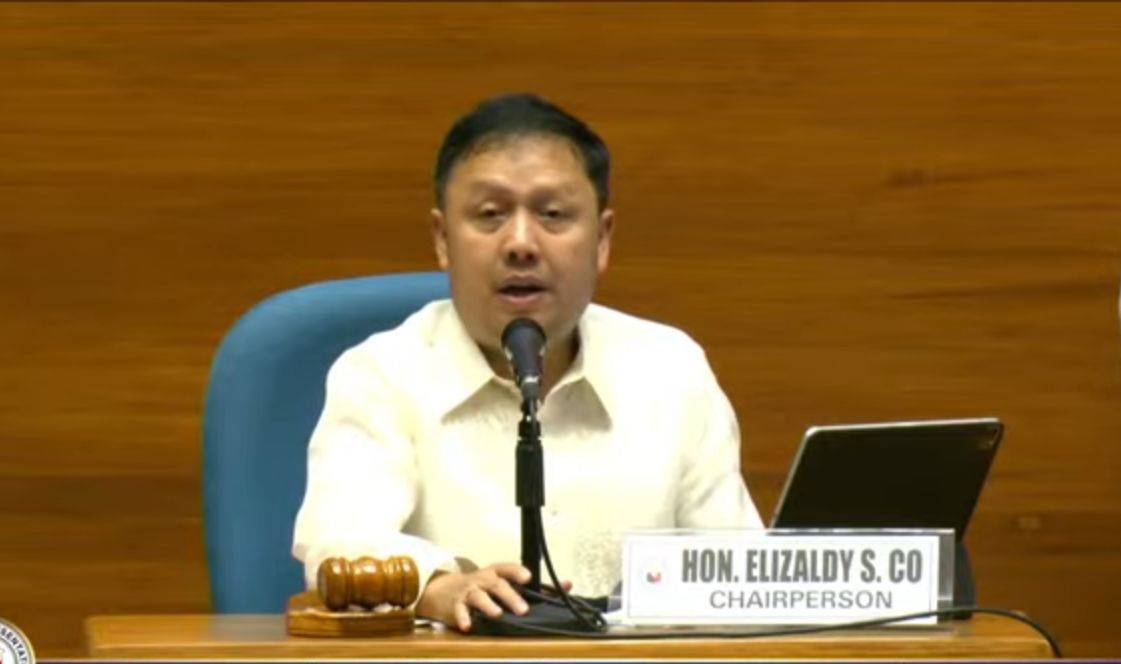Pour idle GOCC funds into public projects? Yes, says ranking solon
At A Glance
- The House Committee on Appropriations chairman has backed a move by the Department of Finance (DOF) to tap billions worth of unused funds from government-owned and controlled corporations (GOCC) to help agencies like the Philippine Health Insurance Corporation (PhilHealth) deliver much-needed services, and other crucial public sector projects.
 Ako-Biicol Party-list Rep. Zaldy Co (Facebook)
Ako-Biicol Party-list Rep. Zaldy Co (Facebook)
By ELLSON QUISMORIO
The House Committee on Appropriations chairman has backed a move by the Department of Finance (DOF) to tap billions worth of unused funds from government-owned and controlled corporations (GOCC) to help agencies like the Philippine Health Insurance Corporation (PhilHealth) deliver much-needed services, and other crucial public sector projects.
Ako-Biicol Party-list Rep. Zaldy Co said this initiative from the DOF "will re-channel billions of dormant funds to help millions of Filipinos enjoy better healthcare and social services, and bolster economic activity by investing more in social services and infrastructure projects at no extra cost to government".
Co gave these remarks even as his committee was preparing to receive Malacañang's P6.352-trillion National Expenditure Program (NEP) for 2025.
Among the projects that may benefit from the reallocation of GOCC funds include the Metro Manila Subway Project and social programs such as the Teacher Effectiveness and Competencies Enhancement Project.
The precursor to the General Appropriations Bill (GAB) or the national budget measure, the NEP is expected to be transmitted to the House of Representatives in the weeks after President Marcos' State of the Nation Address (SONA) on July 22.
Once enacted, the GAB becomes the General Appropriations Act (GAA)
The DOF said the redirection of idle funds of GOCCs for public interest projects to alleviate poverty and foster economic growth is allowed under the current 2024 GAA.
As an example, the DOF has identified the P500-billion reserve of PhilHealth as among those that could be reallocated under strict legal guidelines without affecting the state health insurer's operations.
The use of PhilHealth reserves for other projects has been approved by the boards of entities like PhilHealth and the Philippine Deposit Insurance Corp.
Co stressed that the funds being transferred to the treasury are excess funds of GOCCs.
"These are not derived from member contributions but are, in fact, unutilized funds provided by the national government. It is essential to understand that these funds are distinct and separate from any contributions made by PhilHealth members and are meant to be used for the country's development" he said.
“Congress has done its part in its exercise of oversight functions on the national budget, with respect to PhilHealth subsidies. Notwithstanding actions by Congress, huge amounts of stranded funds in PhilHealth exist and it would be a great injustice to Filipinos if these funds remain unused,” he noted.
The appropriations panel chairman said that since the PhilHealth reserve fund came from government, it is only proper to reinvest them to benefit more people instead of just leaving them idle.
“I must point out, however, that only excess funds must be reallocated, nothing more,” he added.
Co said putting these dormant funds to better use will lessen the pressure on government to borrow more and Congress to pass new tax measures.
“This will widen the scope for the private sector to source more funds from the capital market as well as free up more funds for investments instead of using them to pay taxes. All things being equal, it should be a positive development for the economy and for efforts to create more jobs,” said the second-termer.